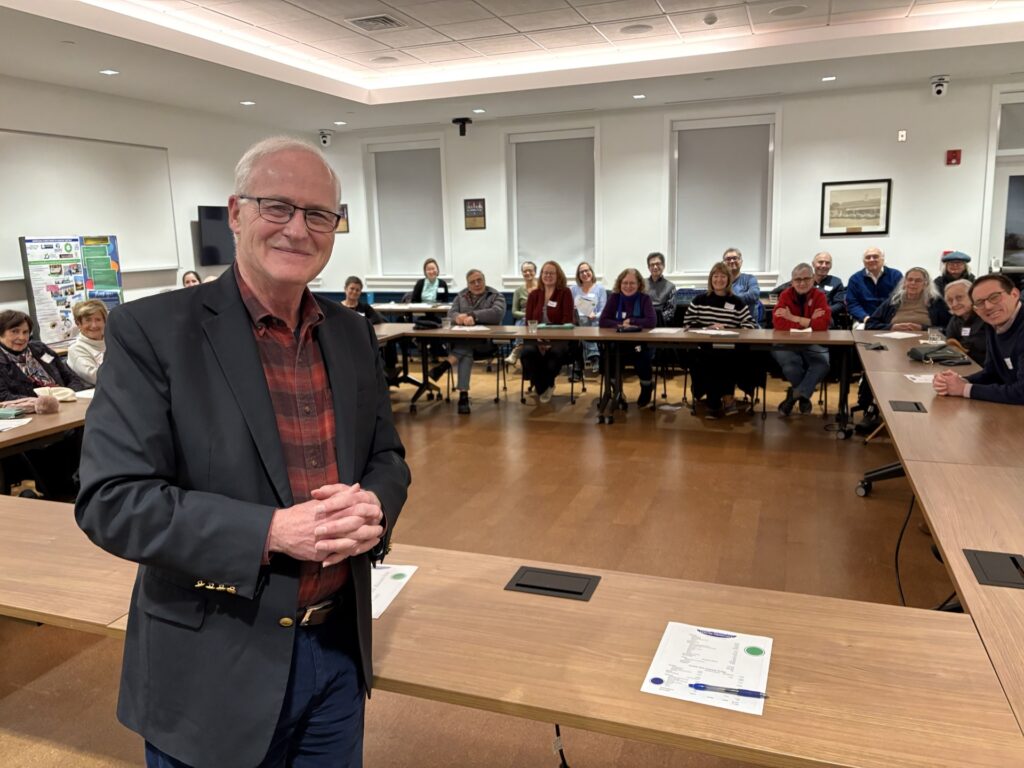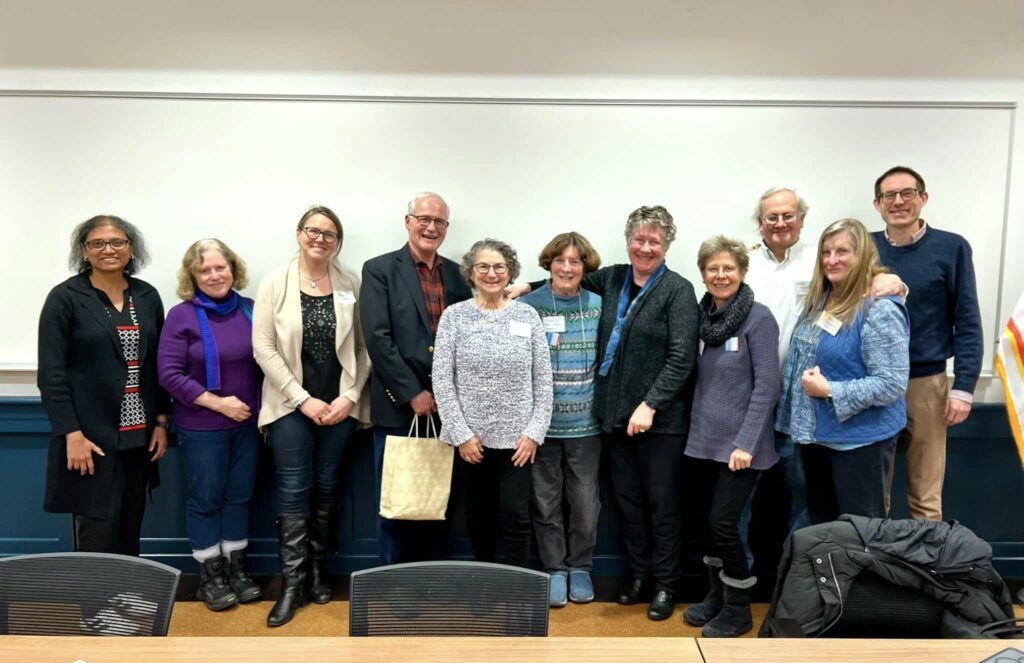The Boston Globe
And now for something different: Kudos to my amazing daughters, whose entrepreneurial embrace of happy endings makes me smile on my most challenging days.
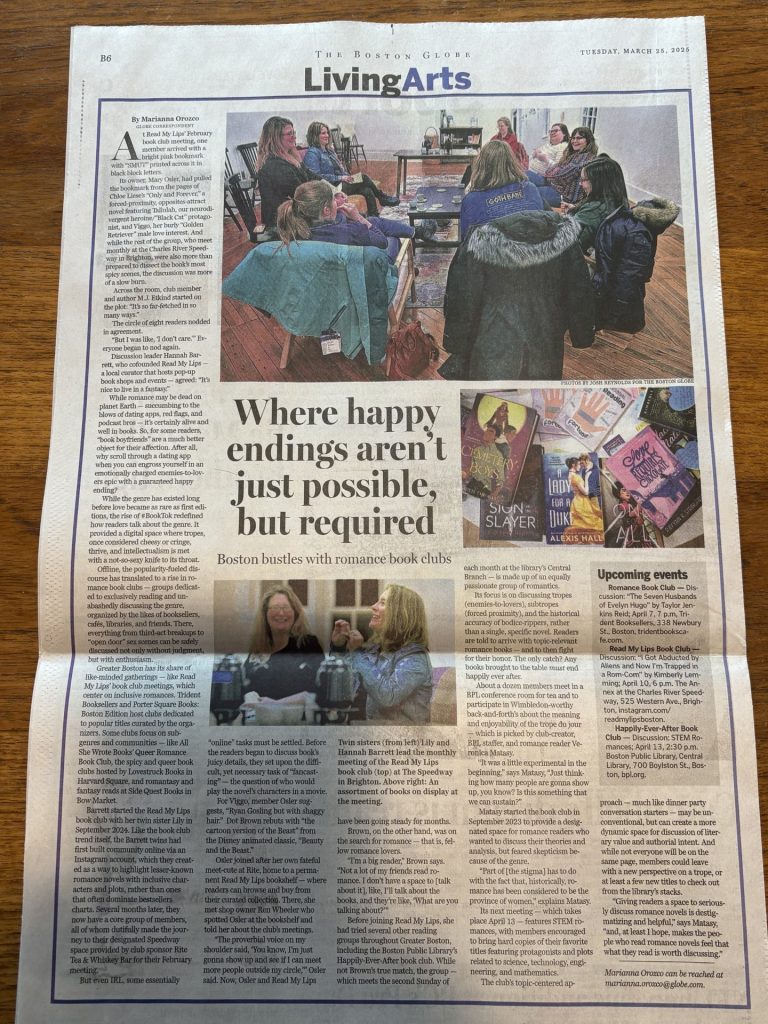
Massachusetts State Senator
And now for something different: Kudos to my amazing daughters, whose entrepreneurial embrace of happy endings makes me smile on my most challenging days.

State Sen. Mike Barrett posited to Davey that “there is a sense in which you’re rolling out SAFs, I think, as a shield and in order to disarm us,” a point that Davey heatedly denied, referencing an SAF startup in Charlestown in his defense. To this, Barrett replied: “We have lots of startups in Massachusetts that hope someday to cure cancer, and we certainly want to encourage them to try. But none of us go out and encourage our kids to smoke cigarettes because the cure is going to come in their lifetimes.”
More than 135,000 people in Massachusetts are living with Alzheimer’s — and that number is expected to keep growing. Members of the Alzheimer’s Association dropped by for a State House lobby day. Their advocacy led to a recent landmark law in 2018 to fight the disease. One new priority: a bill to require insurers to cover testing that can help diagnose Alzheimer’s early.

The Youth Climate Coalition showed up in big numbers for their State House lobby day. I met with a group of constituents who shared their priorities, including a bill to set a statewide “Farm to School” program. The idea is to direct grant funding to schools. The funds would be used to buy produce from local farms and promote food literacy programs. Impressed by the smart and spirited talk.
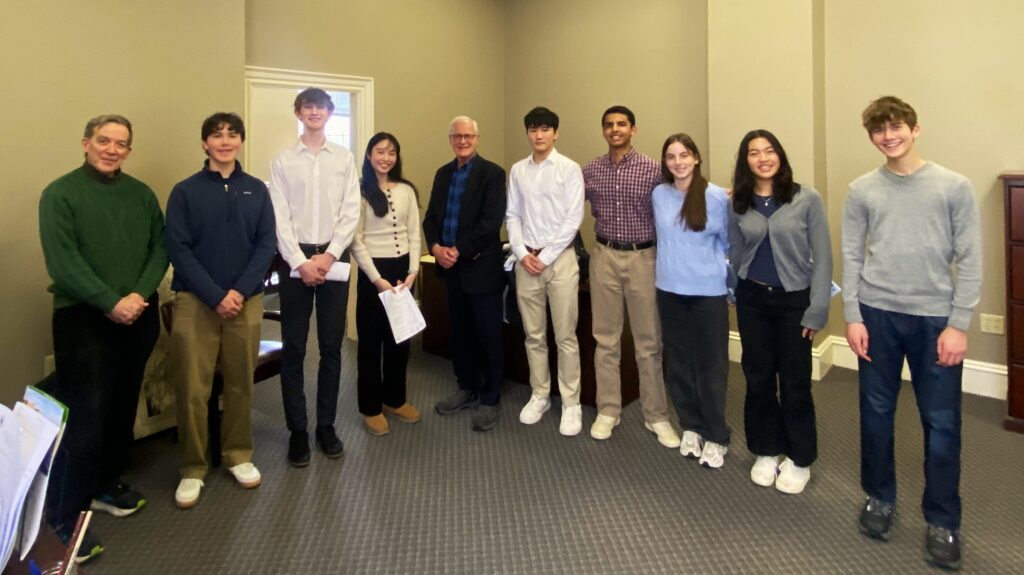
CAAL, the Chinese American Association of Lexington, rang in the Chinese New Year with a dazzling display of music, dancing, and jaw-dropping performance. This year’s show highlighted 2025 as the 250th Anniversary of 1775, the year that launched the battle for American Independence. It was not to be missed.





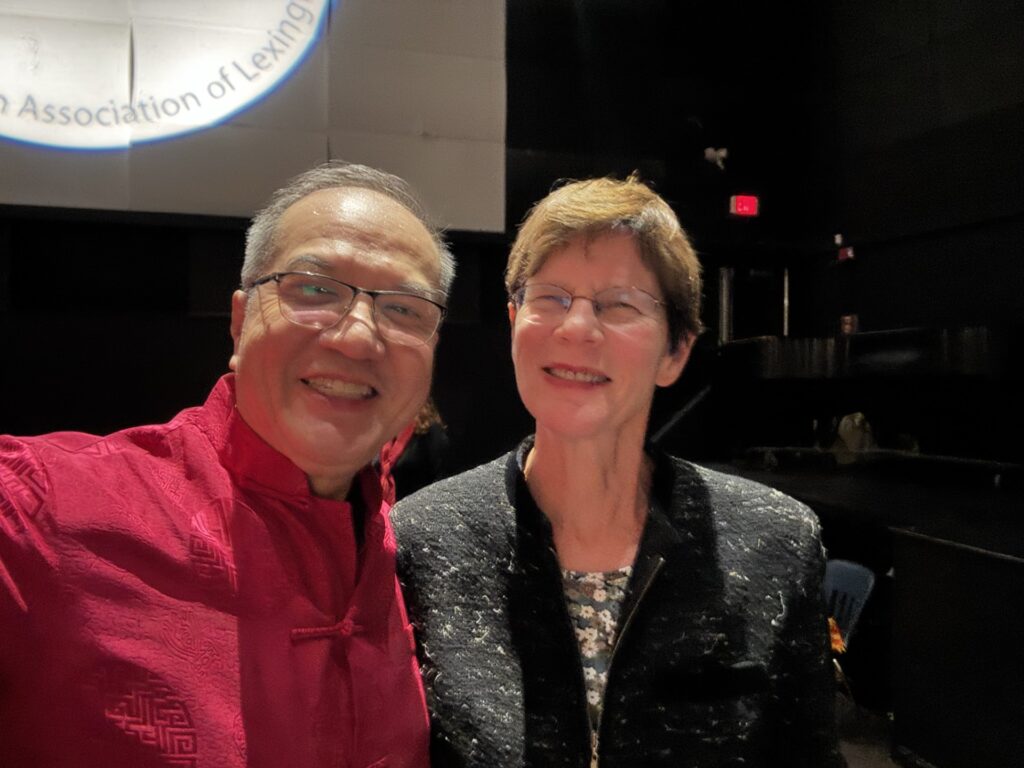

Grateful to be honored by LexCAN, the Lexington Climate Action Network, at its annual meeting earlier this week. Lisbeth Bornhofft, Charlie Moore, Ricki Pappo, and others are also linking up with climate-conscious citizens throughout Middlesex and Essex Counties. On everyone’s mind: Trump is term-limited but climate change isn’t. Events at the national level will take a deeply discouraging turn for a time, but grassroots activists in New England will keep doing the work.
